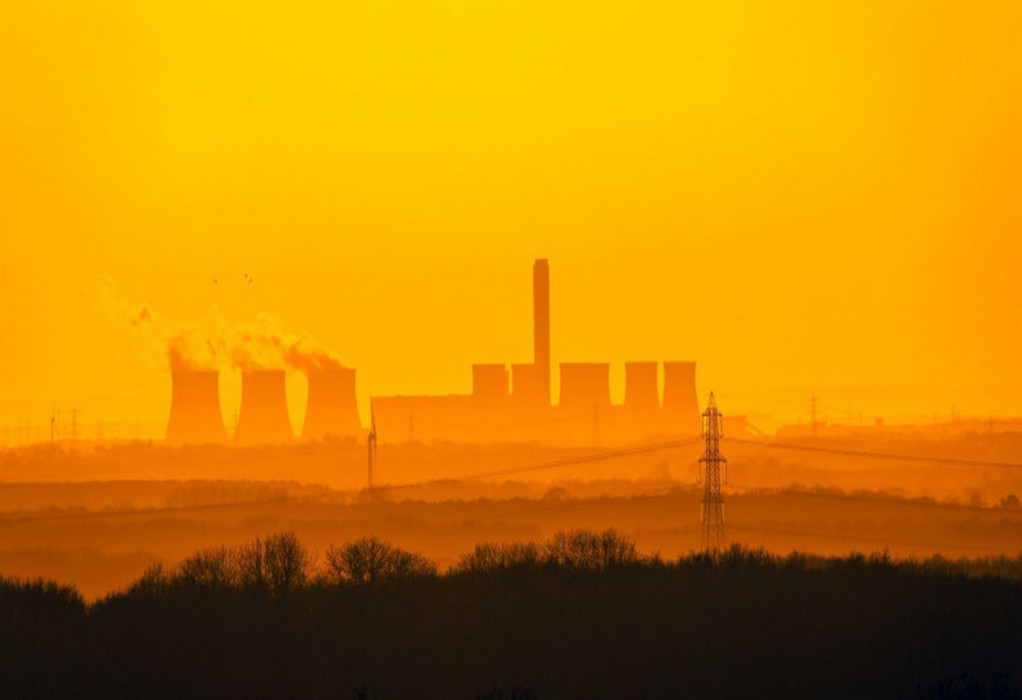The cumulative trading volume of the carbon market reached 194 million tons in China, with a cumulative turnover of 8.49 billion yuan ($1.26 billion).
Carbon emissions by 2,162 power companies were covered in the first batch of trading, with a total emission of about 4.5 billion tons in one year.
One year on, the carbon market has made great progress in reducing carbon emission based on market-based mechanisms, and helped to form the function of carbon pricing.
Carbon trading is the process of buying and selling permits to emit carbon dioxide or other greenhouse gases.
As one of the core policy tools to achieve carbon peak and carbon neutrality, the national carbon market started online trading on July 16, 2021 at the Shanghai Environment and Energy Exchange with the opening price for the carbon quota at 48 yuan per ton.
By trading in the carbon market, companies can calculate their carbon emissions more effectively and precisely, following by disclosure progresses which is of great significance to further promote the reduction of carbon emission.
In the meantime, there are problems that need to be addressed. For instance, the trading activities were not active enough and there were some problems involving data quality, Ma noted.
Currently there’s only one thermal power industry involved in the trading system, it is expected that more industries could be concluded in the system so as to boost the trading activities.
According to the plan of China’s Ministry of Ecology and Environment, during the 14th Five-Year Plan period (2021-25), the national carbon market will gradually cover eight energy-intensive industries including power generation, iron and steel, building materials, non-ferrous metals, petrochemical, chemical, paper and aviation.
About 8,500 large carbon-emitting enterprises will be included in the trading system, and managing about 70 percent of the country’s total energy-related carbon emissions.
Tags: Carbo Dioxide, Carbon, China, GHGs, Market



Recent Posts
Port of Brisbane Unveils Vision 2060 to Drive Smarter, Cleaner, and More Connected Future
Wärtsilä to Deliver Hybrid Propulsion Systems for Vertom Group’s New Low-Emission Vessels
Latvian port receives electric Konecranes Gottwald Mobile Harbor Crane
Sustainable Ocean Economy Vital for Human Development, Says UNDP at UN Ocean Conference
Green Hydrogen Costs in India Could Drop by 40%, Says IEEFA-JMK Report
Cavotec Secures €1.55 Million Shore Power Contract for Port of Antwerp-Bruges
APM Terminals and SANY Marine sign landmark agreement to accelerate decarbonisation
The Port of Gothenburg takes big step towards shore power connection for container and car/RoRo vessels